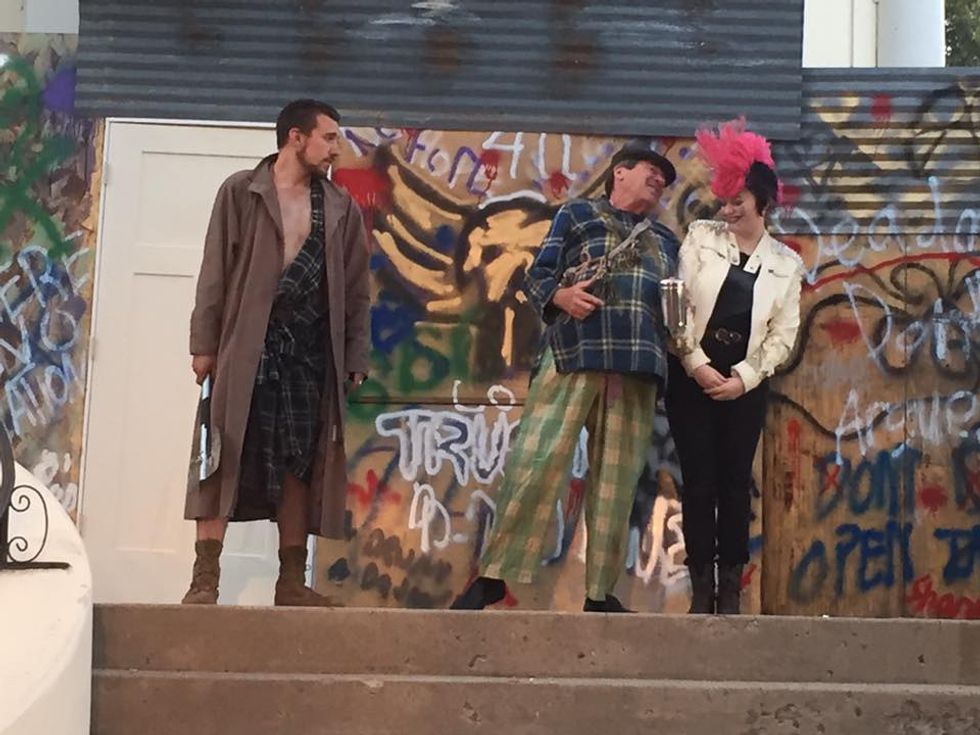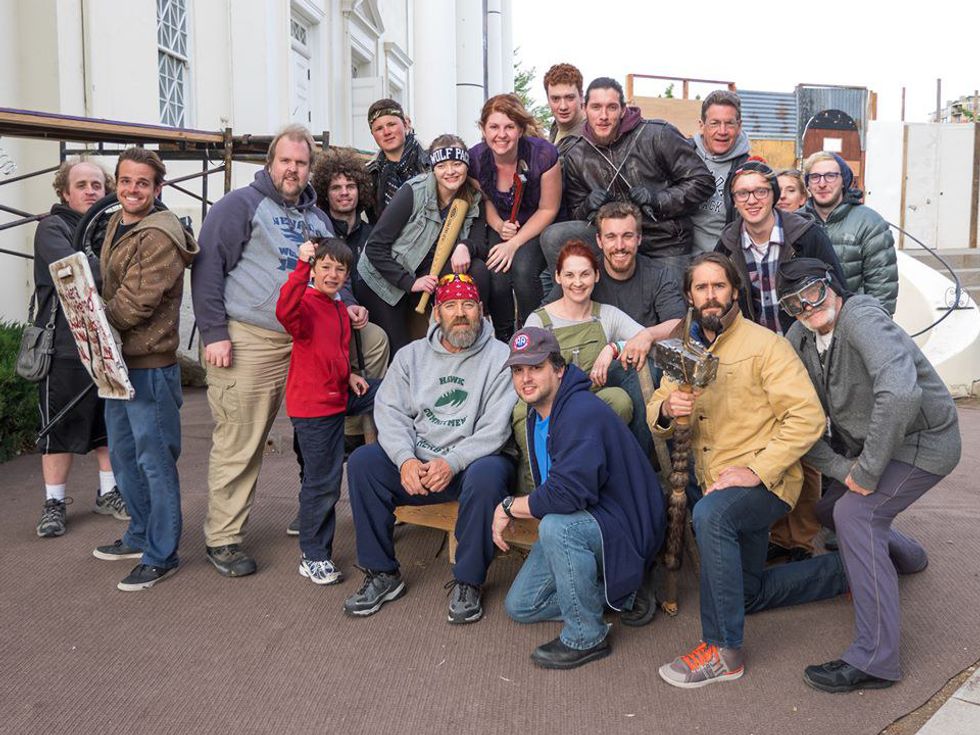Prologue
It's your very last show. The final curtain call beckons. You take your final bow as your character for the last time. You and your cast mates leave the empty stage with an immense bittersweet feeling after putting your entire heart and soul — and blood and tears — into a production that seems to end so abruptly. You never wanted it to end, you cannot believe it is actually the final call to the stage. You thought you would never reach this stage in the production, yet here you are.
It's actually over.
Act 1, scene 1: What is PSD?
“The Post-Show Depression” (or PSD) plagues many thespians. Every year, more and more thespians catch this brutal and agonizing condition. It can often come back in a more aggressive form, especially if you continue to work with the same theater company or group of people in multiple productions. A truly vicious cycle if you ask me. It just seems to follow you and stick to you, like those endless bobby pins you discover in your hair, even months after a production. It is undoubtedly one of the most stressful stages in an actor's life.
Act 1, scene 2: Do I have PSD?
Well, we must first look at your signs and symptoms to give you an accurate diagnosis. Typically, the condition starts off with moderate to severe obsessive tears being shed, a sudden increase in presence on social networking sites to ensure friends and family you are coping well with your loss of show and the usual overreactions to having a sudden increase in free time on one’s hands: cleaning the house, adopting a cat to adapt to your new lonely lifestyle without your cast and potentially picking up new hobbies, such as scrapbooking or knitting to help pass the time.
Act 2, scene 1: Signs and symptoms
Relief
Loneliness
Itchy, watery eyes
Regret
Denial
Indigestion
Body aches
Heavy breathing
Lack of appetite, etc.
You first begin to feel like a heavy weight has been lifted off of your shoulders. No more five-hour rehearsals, no more memorization, no more scribbling down notes that you never understood, no more exploring accents and gestures — you can finally return to civilization. Go ahead and let it all out. Take a big sigh, and clear your mind of the stresses of live theater. Then symptom two emerges — regret. Not regret in doing the show, but regretting that one line you dropped, the line you could have delivered better and the choreography you could have rehearsed more. Don't listen. It is OK. Your show was fine; that is just the PSD talking. You crushed that last performance. You left everything on that stage. All was well. It is entirely possible that you come out of a show in complete disbelief (a very common symptom). It might take a few times of subconsciously going to the rehearsal space for you to realize you are indeed in denial that your show has ended for good. You will be OK again, I promise. This is merely a temporary stage (like your show).
*Character severely sobs here*
You will also begin to show signs of loneliness. You bonded with an amazing group of individuals who are very talented, unique and have since become your family members. It is difficult to re-assimilate back into civilization after being accustomed to such greatness all around you for mass amounts of time. You reminisce about all the inside jokes made, all the memories created on and off the stage; you feel lost without your cast mates.
Final scene: Is there a cure?
Yes — join another show. Your symptoms will soon fade, and you will be back to your normal thespian self. Well, until that show ends.
*Character severely sobs again*
I pray to the theater god, Thespis, for your safe recovery to this truly vicious cycle that we seem to love so much because we keep on willingly accepting these torturous roles for this to happen again and again. Actors can be so dramatic sometimes.
*Curtain closes on dramatic ending to writing scene*























